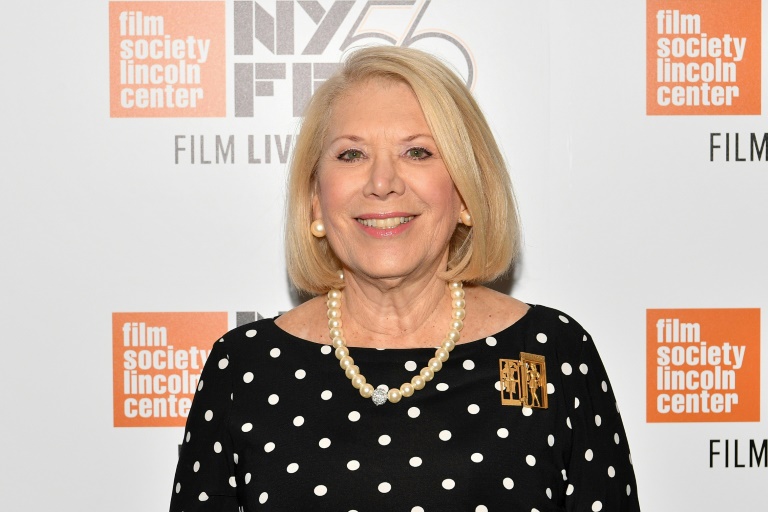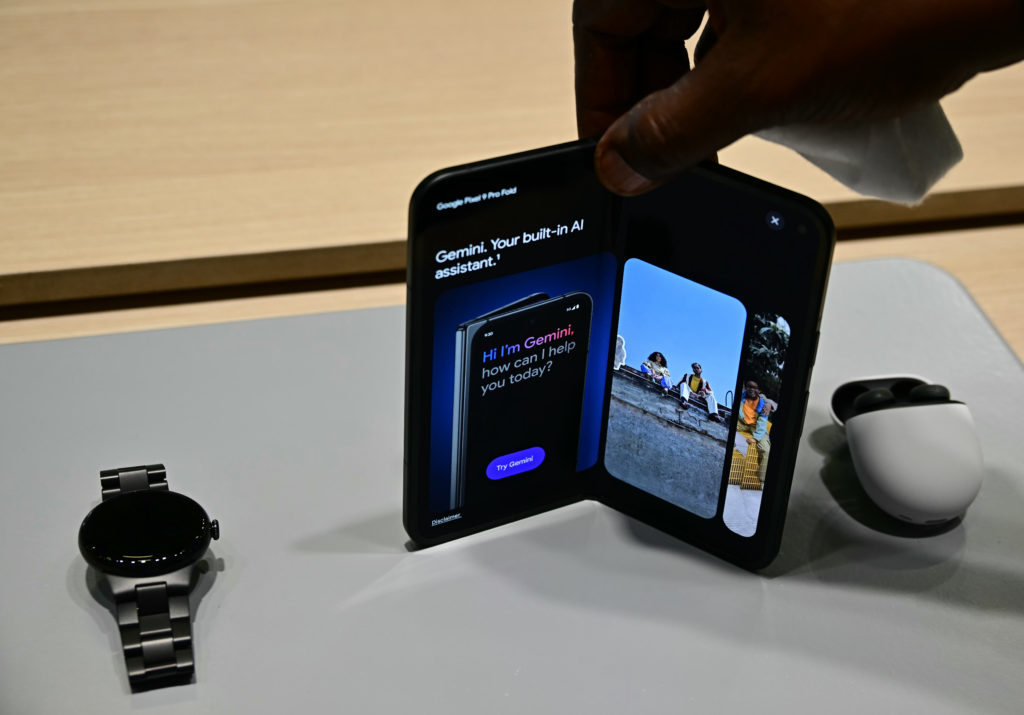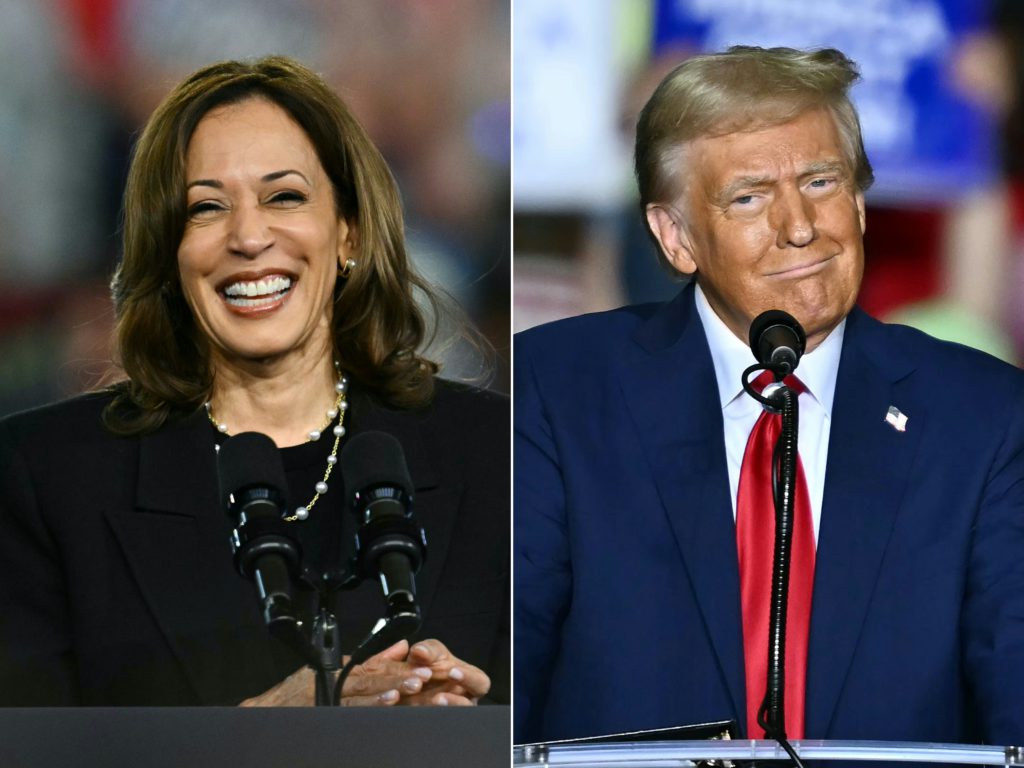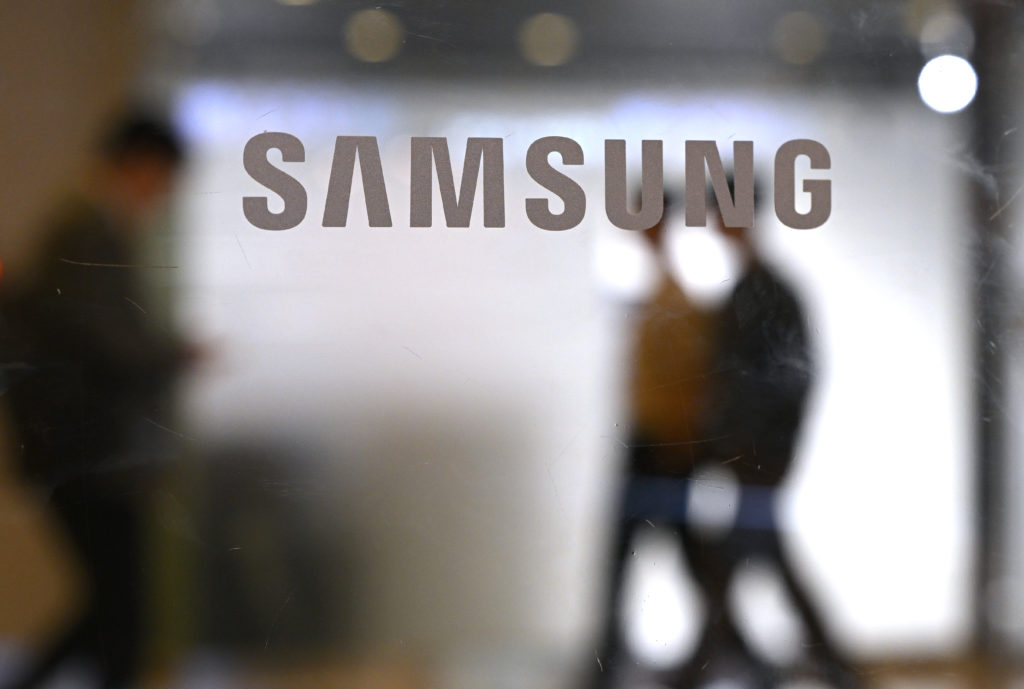A sprawling conspiracy, a cornered president clinging to power, a White House cover-up: for Watergate prosecutor Jill Wine-Banks, the mushrooming controversy around Donald Trump’s alleged plot to take down US democracy is a movie she’s seen before.
It is 50 years to the day since five burglars were arrested at the Democratic National Committee headquarters at the Watergate complex in Washington — touching off a firestorm that would bring down president Richard Nixon.
The break-in plunged Wine-Banks — barely out of her 20s — into a starring role in the most enduring political scandal in US history, as the only woman on the Watergate prosecution team.
Half a century later, she has been watching with the rest of Washington as Trump finds himself in similar peril to Nixon, as a straightforward accusation — incitement of a riot at the US Capitol — metastasizes into a much bigger deal.
Numerous top officials — all Republican or conservative, many among Trump’s closest allies — have testified that the deadly violence was the culmination of his plot to overthrow an election.
In some respects the parallels are uncanny, but as she watches the congressional hearings into the burgeoning Trump scandal, Wine-Banks reflects on how much the world has changed.
“It is, first of all, a very different environment, both in terms of politics and in terms of the media,” the 79-year-old, now a cable news legal analyst, tells AFP in her unmistakable Chicago contralto.
Now, with hundreds of live TV channels and streaming services competing for America’s attention — not to mention a political landscape attenuated by tribalism — getting people to care about political scandal is a tougher challenge, Wine-Banks says.
– ‘Riveted’ –
“During Watergate, the media had three networks and they all have the same facts. They all broadcast the hearings… and all of America was riveted,” she said.
Wine-Banks began her career as the first woman to serve as an organized crime prosecutor at the US Justice Department.
Four years of impressive trial wins brought her to the attention of the Watergate team and she became the only woman to try the obstruction of justice case that saw Nixon’s top aides jailed.
Never setting out to be a trailblazer, Wine-Banks found she had no choice given the numerous barriers placed in front of successful women in the 1970s.
Her own boss, special prosecutor Leon Jaworski, insisted on calling her “lady lawyer” despite her repeated objections, and she was demeaned as “young lady” in court when her colleagues were addressed as “esteemed counsel.”
Her appearance took up far too many column inches in newspapers that dubbed her the “mini-skirt prosecutor” and the judge even said of her famous dismantling of Nixon’s secretary Rose Mary Woods: “We have enough problems without two ladies getting into an argument.”
The title of her 2021 memoir — “The Watergate Girl: My Fight for Truth and Justice Against a Criminal President” — is in part an ironic reference to the hurdles she faced to be taken seriously.
“‘Girl’ captured the era. We were called girls,” she says of the book, which has been optioned for a movie starring Katie Holmes (“Batman Begins”).
“And there are many stories in the book that refer to someone saying to me, ‘Well, you can’t do that — you’re a girl.'”
– No John Dean –
The turning point in Watergate came with the marathon testimony of White House counsel John Dean to US senators that ultimately led to Nixon’s resignation.
Dean, now 83, became an overnight sensation as the first administration official to accuse Nixon of involvement in the cover-up.
The hearings into the US Capitol riot have been at a disadvantage because they don’t have their own “John Dean,” says Wine-Banks.
“John Dean could narrate from start to finish what had led up to the break-in and what was part of the cover-up, and how everybody was participating in the cover-up,” Wine-Banks tells AFP.
She suggests that Trump’s chief of staff Mark Meadows, who handed over a trove of damning text messages before stonewalling the inquiry, could be a good candidate, along with Trump White House counsel Pat Cipollone, who has reportedly been in discussions with the committee about a potential public appearance.
When the Watergate investigation started, there was none of the sky-high expectation for epoch-making revelation that has accompanied the Trump probe.
And Wine-Banks has a warning for the Capitol assault committee, which has spent months raising expectations about what to expect from its public hearings.
“Jamie Raskin, Representative Raskin of Maryland, had said, ‘This will blow the roof off the House.’ And that’s a big promise to make — if you don’t deliver it,” she told AFP.
But she added that the committee has done “brilliantly” so far, exceeding her expectations with a series of presentations that make up for the lack of a single star with compelling storytelling.
“I think they have come up with technological ways of narrating this very effectively, using videotapes of depositions interspersed with live witnesses, interspersed with the committee’s investigative counsel narrating what they know,” she said.
“And I think it’s been very effective.”











